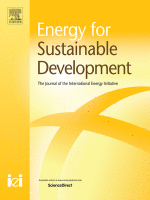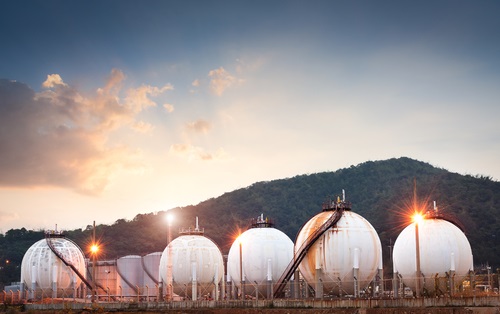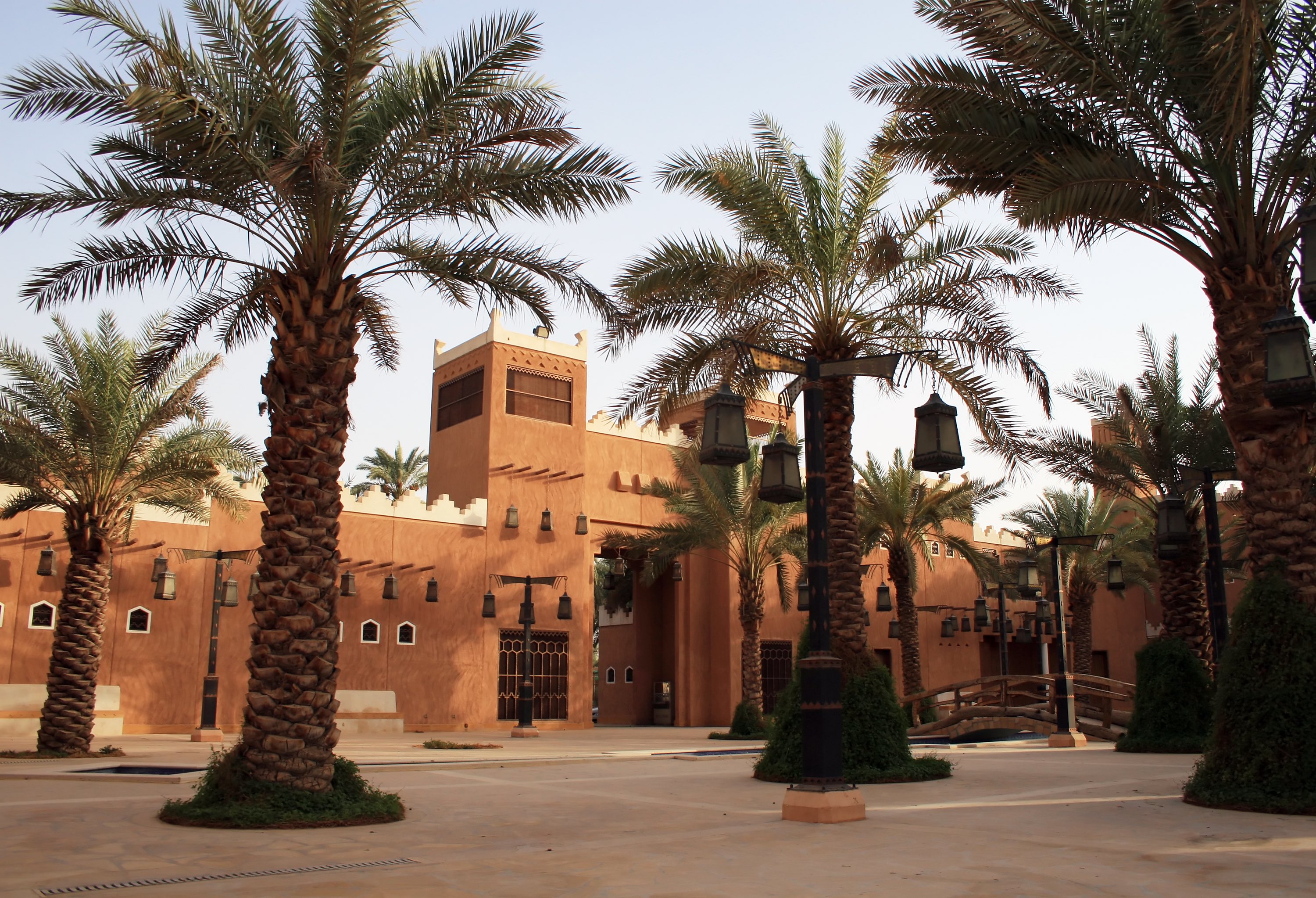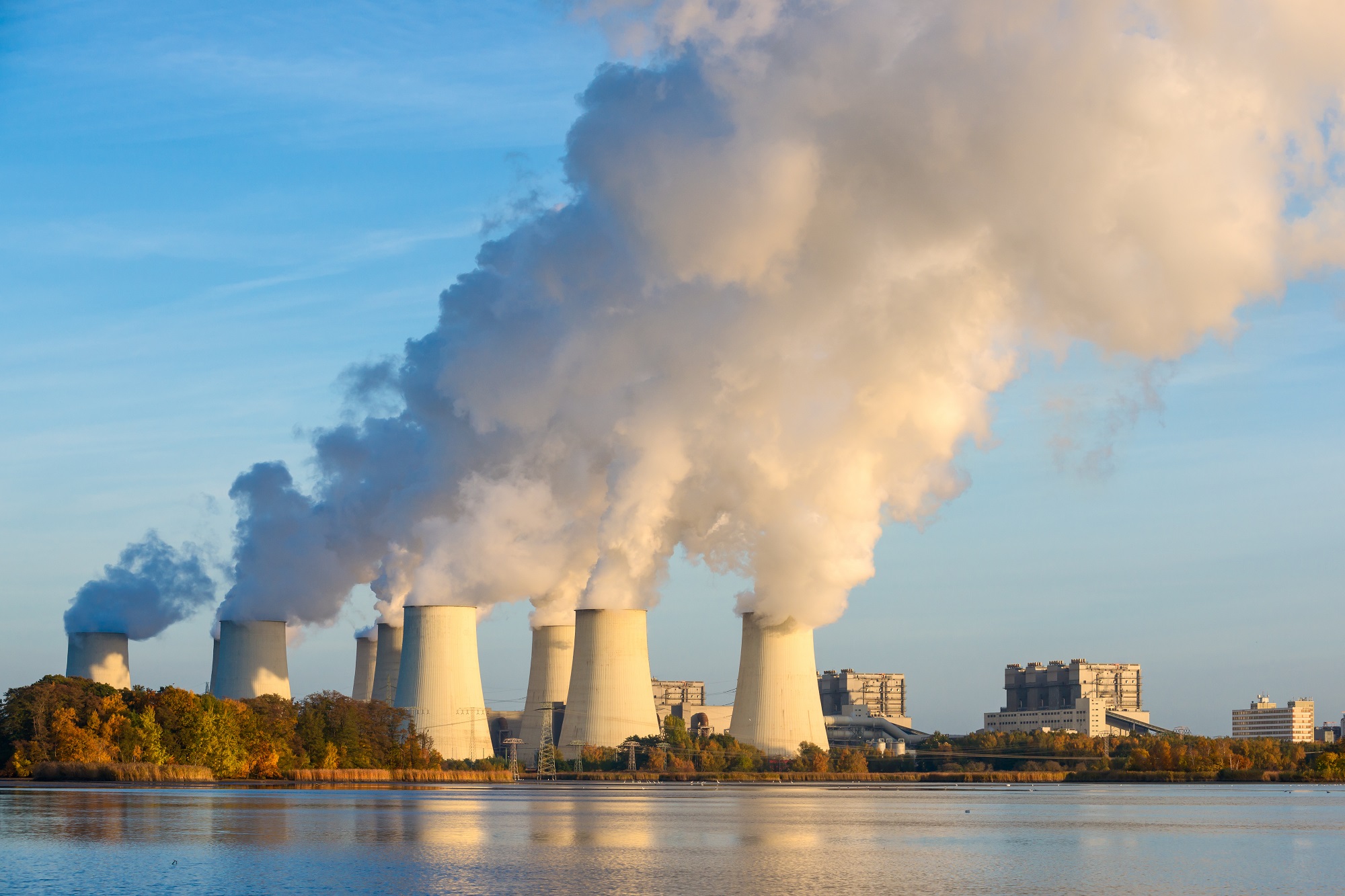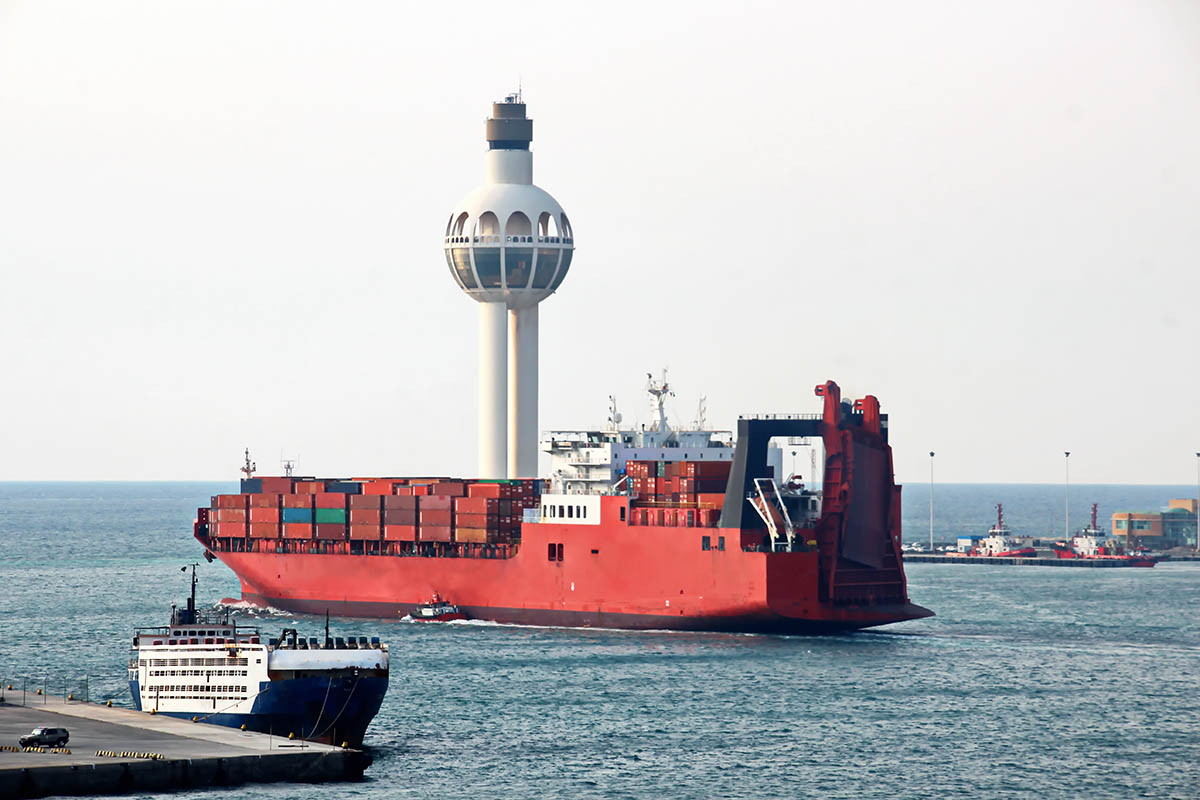

Primary Program

About
Rami Shabaneh is a Senior Fellow in KAPSARC’s Oil and Gas Program, specializing in global gas and hydrogen markets. With over 15 years of experience in energy markets and policy analysis, he previously worked as a Market Fundamentals Analyst at Cenovus Energy, contributing to gas market modeling and forecasting. He also spent three years as a Research Economist at the Canadian Energy Research Institute, providing insights into North American energy markets. Rami holds a B.Sc. in actuarial science and an M.Sc. in sustainable energy development from the University of Calgary.
Education
2010-01-01 - 2014-11-10
University of Calgary
Master - Sustainable Energy Development
2002-01-01 - 2007-11-13
University of Calgary
Bachelor - Actuarial Science

